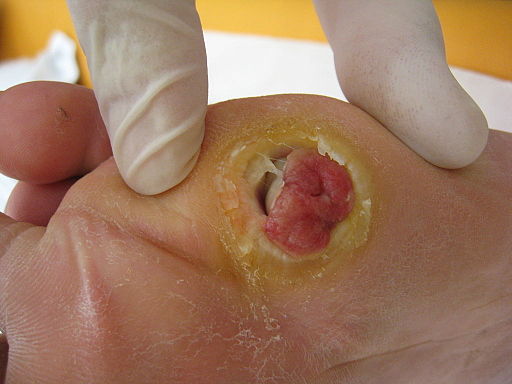Did you know that the health of your mouth could be a mirror of your overall well-being?
Many people don’t realize that good dental hygiene goes beyond just having a bright smile; it can actually impact your heart, your diabetes management, and even your brain health.
We all lead busy lives, but prioritizing your oral health is a simple yet powerful way to boost your well-being. In this article, we’ll explore how your dental care affects your body and share easy tips to help you take charge of your health, one brush at a time.
The Mouth-Body Connection
Your mouth is the gateway to your overall health, acting as both a mirror and a potential source of disease for the rest of your body. The oral cavity hosts a complex ecosystem of bacteria known as the oral microbiome. When in balance, these microorganisms contribute to good health. However, poor oral hygiene can disrupt this delicate balance, allowing harmful bacteria to thrive.
These pathogens can then enter your bloodstream through infected or bleeding gums, potentially affecting various organs and systems throughout your body. This complex connection between oral health and overall well-being highlights the importance of maintaining good dental hygiene as a crucial component of your general health routine.
Specific Health Impacts of Poor Dental Hygiene
The consequences of neglecting your oral health can be far-reaching.
Cardiovascular disease, for instance, has been linked to the inflammation and infections that result from gum disease. The bacteria causing periodontal disease can enter the bloodstream, potentially leading to the formation of blood clots and increasing the risk of heart attacks and strokes.
For individuals with diabetes, the relationship with oral health is bidirectional and complex. Gum infections can make it more difficult to control blood sugar levels, while high blood sugar provides an ideal environment for harmful oral bacteria to thrive. This creates a vicious cycle that can complicate diabetes management. Understanding this relationship is crucial for effective diabetes care and oral health management.
For pregnant women, maintaining good oral health is not just about personal well-being but also about the health of their unborn child. Poor oral health during pregnancy can lead to an increased risk of premature birth and low birth weight babies.
Respiratory infections, including pneumonia, can occur when bacteria from the mouth are inhaled into the lungs. This is particularly concerning for elderly individuals or those with compromised immune systems.
Dentists need a well-rounded understanding of oral health—and they’re not the only ones who do. Other health professionals, such as students of RN to MSN programs, should also learn about it, as it might affect the condition of their patients.
Actionable Steps for Improving Dental Hygiene
Maintaining good dental hygiene is crucial for preventing these health risks and promoting overall well-being.
Start with the basics: brush your teeth at least twice daily using fluoride toothpaste. Use a soft-bristled brush and gentle circular motions to clean all surfaces of your teeth and along the gum line. Don’t rush – aim for at least two minutes of brushing each time. Remember to brush your tongue, too, as it can harbor bacteria.
Flossing daily is equally important. It removes plaque and food particles between teeth and under the gum line, areas your toothbrush can’t reach. If traditional floss is challenging, consider interdental brushes or water flossers as alternatives.
Regular dental check-ups and professional cleanings, typically every six months, are essential for maintaining oral health. These visits allow for early detection and treatment of potential issues before they become more serious.
Remember, your diet plays a significant role in your oral health. Limit sugary and acidic foods and drinks, which can erode tooth enamel and promote bacterial growth. Instead, opt for a balanced diet rich in vitamins and minerals. Calcium and vitamin D are essential for strong teeth and bones.
One simple yet effective way to maintain good oral health is to stay hydrated. Drinking plenty of water can help wash away food particles and bacteria and promote saliva production, which is crucial for neutralizing acids in the mouth.
Breaking Bad Habits
Certain habits can significantly harm your oral health, and breaking them is crucial for maintaining a healthy mouth.
Smoking is a major culprit, as it not only stains teeth but also increases the risk of gum disease, tooth loss, and oral cancer. Quitting smoking can lead to substantial improvements in both oral and overall health.
Nail biting is another detrimental habit that can damage teeth and introduce harmful bacteria into the mouth. To overcome nail biting, consider stress-reduction techniques or apply bitter-tasting nail polish to deter the habit.
Addressing these bad habits can protect your oral health and contribute to a healthier lifestyle.
Your mouth is a vital part of your body, not a separate entity. By prioritizing your oral health, you’re taking a significant step towards better overall health. Remember, a healthy smile isn’t just about looking good—it’s about feeling good and staying healthy from head to toe. Prioritize your dental health today for a healthier tomorrow.




